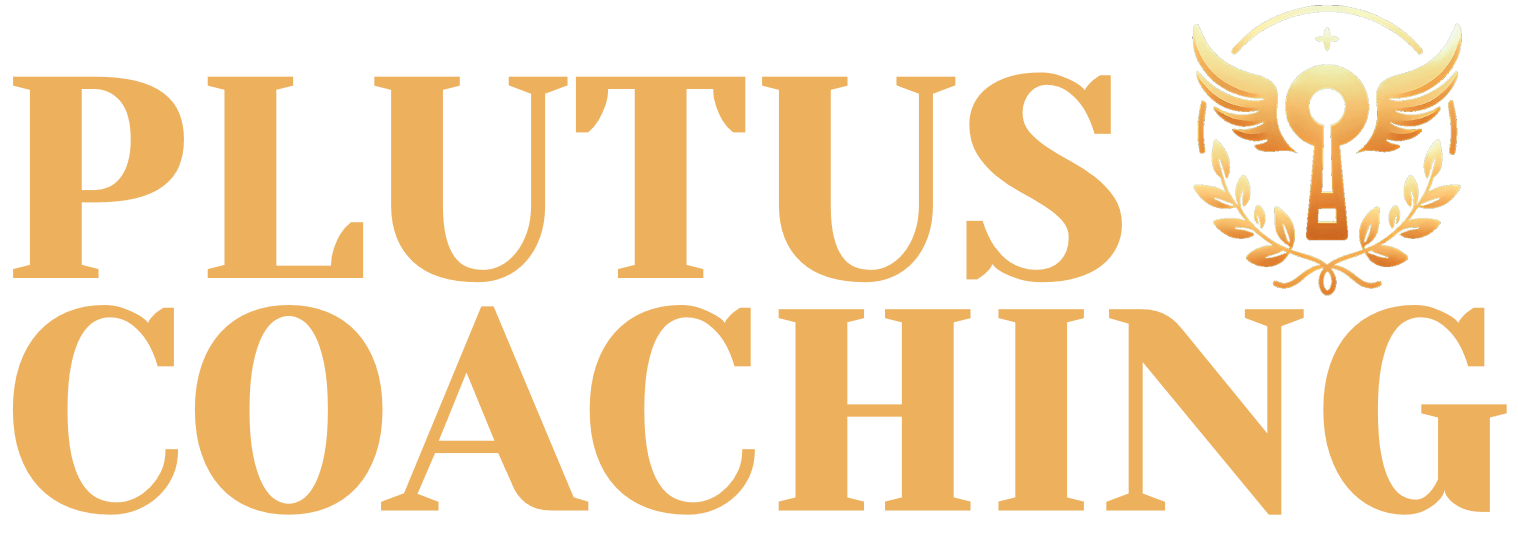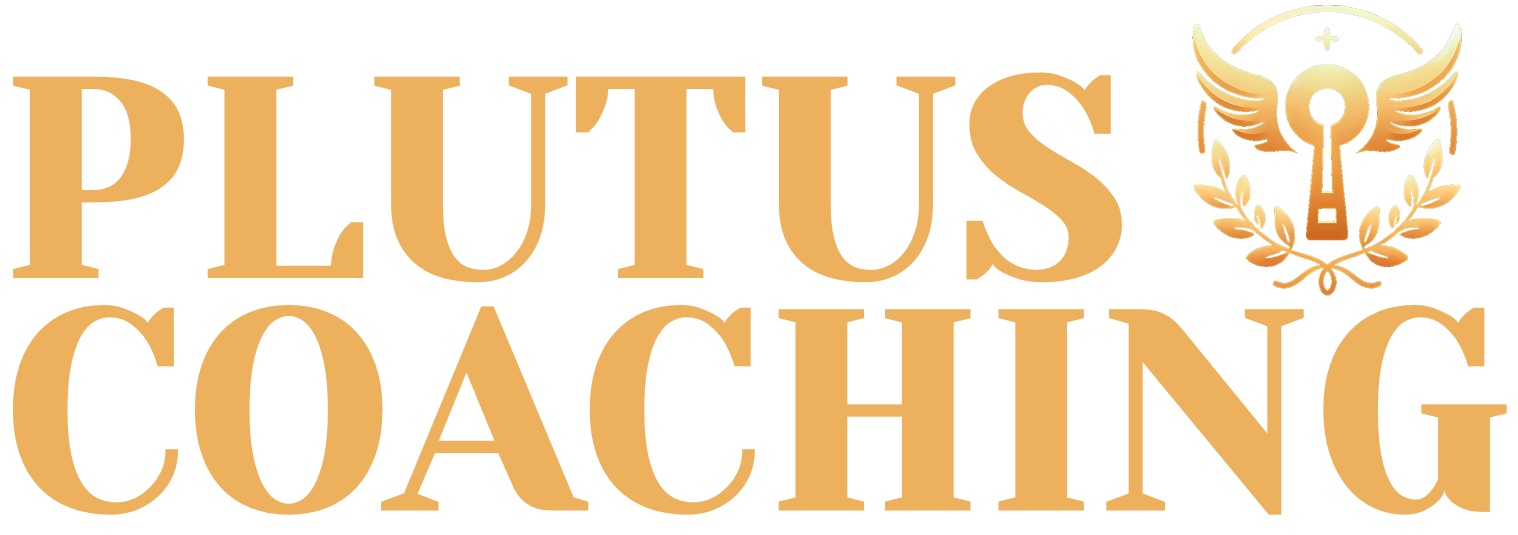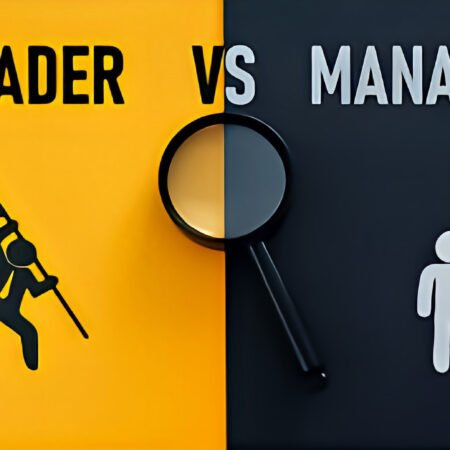In today’s rapidly evolving business landscape, where innovation and adaptability are paramount, the cultivation of strong leadership is more crucial than ever before. As the saying goes, “The greatest leader is not necessarily the one who does the greatest things. He is the one that gets the people to do the greatest things.” Leadership development isn’t just a buzzword; it’s the lifeblood that propels organizations towards sustained success.
Leadership coaching, in essence, is a personalized journey of growth and development. It’s a partnership between a seasoned coach and an aspiring leader, designed to unlock potential, refine skills, and navigate the complexities of leadership. In the fast-paced, competitive business environment we operate in, where change is the only constant, leadership coaching offers a compass, guiding individuals towards their true north.
Emerging leaders, those poised on the cusp of greater responsibility, stand to gain immensely from leadership coaching. They are the future torchbearers of organizations, and investing in their development is akin to investing in the organization’s future itself. This article aims to shed light on the pivotal role of leadership coaching in shaping emerging leaders, providing insights and information to empower both individuals and organizations on this transformative journey.
The Role of Leadership Coaching in Developing Emerging Leaders
Emerging leaders are individuals who demonstrate the potential to step into significant leadership roles within their organizations. They may be high-performing individual contributors or those already in early-stage management positions. These individuals possess a spark, a drive that sets them apart. However, they also face unique challenges – navigating the transition from individual contributor to leader, grappling with increased responsibility and decision-making, and learning to inspire and motivate teams.
This is where leadership coaching becomes an invaluable tool. Think of it as a personalized roadmap for growth, tailored to the specific needs and aspirations of the emerging leader. Through insightful conversations, targeted feedback, and challenging exercises, a coach helps these individuals:
- Gain a deeper understanding of themselves: Recognizing their strengths and weaknesses, and pinpointing areas for development, allows emerging leaders to leverage their natural talents and address any blind spots.
- Hone essential leadership skills: From clear and impactful communication to effective decision-making, problem-solving, and conflict resolution, a coach helps emerging leaders master the skills that underpin effective leadership.
- Develop the confidence and resilience to overcome obstacles: Leadership isn’t always smooth sailing. A coach equips emerging leaders with the mental fortitude to navigate challenges, learn from setbacks, and emerge stronger.
- Set and achieve ambitious goals: A coach helps translate aspirations into concrete, actionable plans, guiding emerging leaders towards fulfilling their full potential.
- Fast-track their career progression: By proactively developing their leadership capabilities, emerging leaders position themselves for success and advancement within their organizations.
In essence, leadership coaching acts as a catalyst, accelerating the development of emerging leaders and preparing them to confidently step into the leadership roles of tomorrow.
Key Benefits of Leadership Coaching for Emerging Leaders
Investing in leadership coaching for emerging leaders isn’t just about individual growth; it creates a ripple effect that benefits the entire organization. Here’s a glimpse into the key advantages:
- Performance boost: With improved self-awareness and honed skills, emerging leaders become more effective, driving both their individual performance and the productivity of their teams to new heights.
- Increased engagement: When individuals feel supported and empowered to reach their full potential, they become more invested in their work, leading to greater motivation and a stronger sense of purpose.
- Sharper decision-making: Leadership coaching sharpens critical thinking and problem-solving abilities, enabling emerging leaders to make informed, strategic decisions even in the face of complexity.
- Stronger connections: By mastering communication and collaboration skills, emerging leaders foster positive relationships and build trust with their colleagues, creating a more cohesive and productive work environment.
- Adaptability in the face of change: In today’s dynamic business landscape, the ability to adapt is key. Leadership coaching empowers emerging leaders to navigate change and uncertainty with confidence, ensuring they remain agile and resilient.
Choosing the Right Leadership Coach for Emerging Leaders
Selecting the right leadership coach is crucial for a successful coaching experience. It’s like finding the perfect mentor, someone who understands your aspirations and challenges, and can guide you effectively on your journey. Here are some key factors to consider when making this important decision:
- Experience and expertise: Look for a coach with a proven track record in coaching emerging leaders. Their experience will ensure they understand the unique challenges you face and can provide relevant guidance.
- Coaching style and approach: Everyone learns differently. Ensure the coach’s style aligns with your personality and preferred learning methods. A good coach will adapt their approach to suit your individual needs.
- Credentials and certifications: While not the sole indicator of competence, relevant qualifications and professional affiliations demonstrate a coach’s commitment to their craft and adherence to industry standards.
- Chemistry and rapport: The coaching relationship is built on trust and open communication. It’s essential to feel comfortable and connected with your coach, ensuring a safe space for growth and development.
The Leadership Coaching Process for Emerging Leaders
The leadership coaching journey is a structured process designed to maximize growth and development. Think of it as a collaborative adventure, with the coach acting as a guide and the emerging leader as the explorer. Here’s a typical breakdown of the stages involved:
Initial Assessment: This is where the journey begins. The coach and emerging leader work together to identify goals, pinpoint challenges, and assess developmental needs. It’s like charting a course, understanding where you are and where you want to go.
Goal Setting: With a clear picture in mind, the next step is to establish concrete, measurable objectives for the coaching engagement. These goals act as guideposts, providing focus and direction throughout the journey.
Action Planning: This stage involves crafting a strategic plan to achieve the established goals. The coach helps the emerging leader identify potential roadblocks, develop strategies to overcome them, and create actionable steps to move forward.
Ongoing Coaching Sessions: These regular meetings form the heart of the coaching process. It’s where the real work happens – exploring challenges, practicing new skills, receiving feedback, and celebrating successes. The coach provides support, guidance, and encouragement every step of the way.
Progress Evaluation: Periodically, the coach and emerging leader take a step back to assess progress and make any necessary adjustments to the coaching plan. This ensures the journey remains on track and continues to meet the evolving needs of the individual.
Overcoming Challenges in Leadership Coaching for Emerging Leaders
Even with the best intentions, leadership coaching can encounter a few bumps in the road. Recognizing potential challenges and proactively addressing them is key to a successful coaching experience. Here are some common obstacles and strategies to navigate them:
Time constraints: In today’s fast-paced world, finding time for development can be tough. The solution? Schedule regular coaching sessions and treat them as a priority, just like any other important meeting. Remember, investing in your growth ultimately saves time in the long run.
Resistance to change: Change can be uncomfortable, and some individuals might initially resist the process of self-reflection and growth. A skilled coach creates a safe, supportive environment where emerging leaders feel comfortable exploring new ideas and stepping outside their comfort zones.
Lack of self-awareness: Sometimes, we have blind spots that hinder our progress. Coaches utilize assessments and provide constructive feedback to help emerging leaders gain a deeper understanding of their strengths, weaknesses, and areas for development.
Limited organizational support: While leadership coaching is gaining recognition, some organizations might not fully appreciate its value. In such cases, it’s up to the emerging leader to advocate for the benefits of coaching and seek sponsorship or support from within the organization.
In current competitive business environment, where the ability to lead effectively is more crucial than ever, leadership coaching stands as a powerful tool for emerging leaders. It’s a personalized journey of growth, offering individuals the guidance, support, and tools they need to reach their full potential.
From enhancing self-awareness and honing essential skills to building confidence and resilience, leadership coaching empowers emerging leaders to navigate the complexities of their roles with greater clarity and purpose. It’s an investment not only in individual growth but in the future success of the organization as a whole.
If you’re an emerging leader, consider the transformative power of leadership coaching. Seek out a qualified coach who resonates with you, someone who can challenge and inspire you on your journey. Whether through one-on-one coaching or participation in leadership development programs, take that proactive step towards shaping your future and becoming the leader you aspire to be. Remember, the greatest leaders are not born; they are made.





